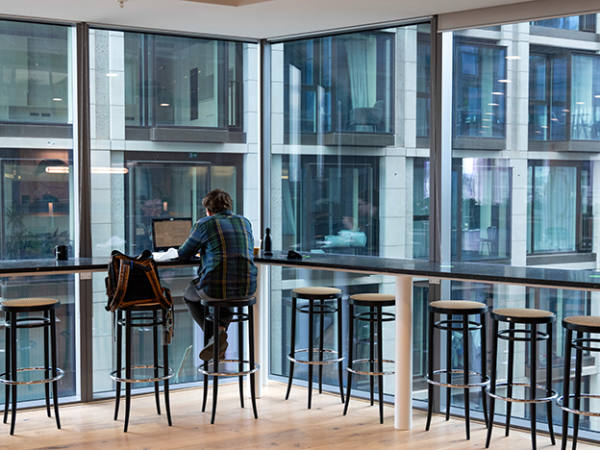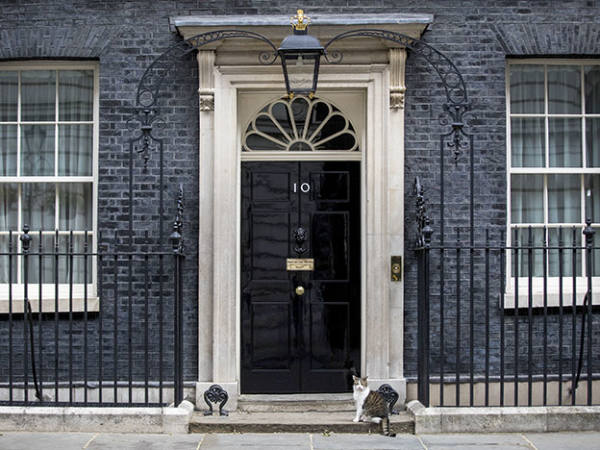My wife and I are a 30-something-year-old couple renting in Croydon looking to get a mortgage to buy there. While we are fortunate enough to be two millennials in a position where we are even considering buying a flat in London, that in itself is the problem with the housing market.
In 1997, when an English home cost around 3.5 times average annual earnings, the idea of two 30-somethings buying their own home wasn’t really an idea at all. It was a banal fact of life. However, by 2020, house price to annual earnings had rocketed to 7.9 times. As of 2022, that figure has hit 9.1 times. All of this has led some to ask a question unaskable 25 years ago: should young people even bother trying to buy a home?
On the one hand, this is an investment query which you can answer with raw data. If you’re renting a flat for £500 per month – whether that’s on your own or sharing with someone else – and you do so for four years then that’s £24,000 you’ve given to a landlord rather than invested. Buying a house might mean paying more a month, but it is money you are investing into something you own.
Even accounting for the soaring price of homes and the difficulties of putting together a deposit in a cost of living crisis, that £24,000 saving is a big tick for buying versus renting. But houses are not the only form of investment. If your £500 per month became £750 per month when you bought a house, that’s £12,000 which could have been spent elsewhere over those same four years.
One place where that money could have been invested is in a multimillion pound office block. Readers with a grasp of the UK commercial real estate market might point out that an average mortgage deposit is unlikely to go far in that particular market, but the International Property Securities Exchange (IPSX) wants to change that. While IPSX is only open to funds at the moment, the exchange promises that retail investors will soon be able to buy shares in physical pieces of real estate rather than real estate companies which own real estate as is the case with the London Stock Exchange.
IPSX says this makes property investment more accessible, and in a way it does. Even if you cannot save for a deposit on a house, IPSX means you can still put some of your savings into a building that you legally own part of. This means the tenants it is let to are your tenants and, legally speaking, you are a landlord. Congratulations! You’ve made it onto the property ladder.
Of course, any first-time buyer struggling to buy their first place knows that the two things are not the same – not in any meaningful sense. While there are a myriad of other available investment options to young people with enough money to put down a deposit on buying a home and some of them are arguably financially wiser, that entirely misses the point. For many, buying a home is not an investment decision: it is the freedom to not be beholden to a landlord.
True, a mortgage means being beholden to a bank, but the place itself is yours. You can paint the walls, tear up the floorboards and replace the cupboards as you see fit. Not factoring this unquantifiable desire for liberty into the price of housing is where the market has failed.











